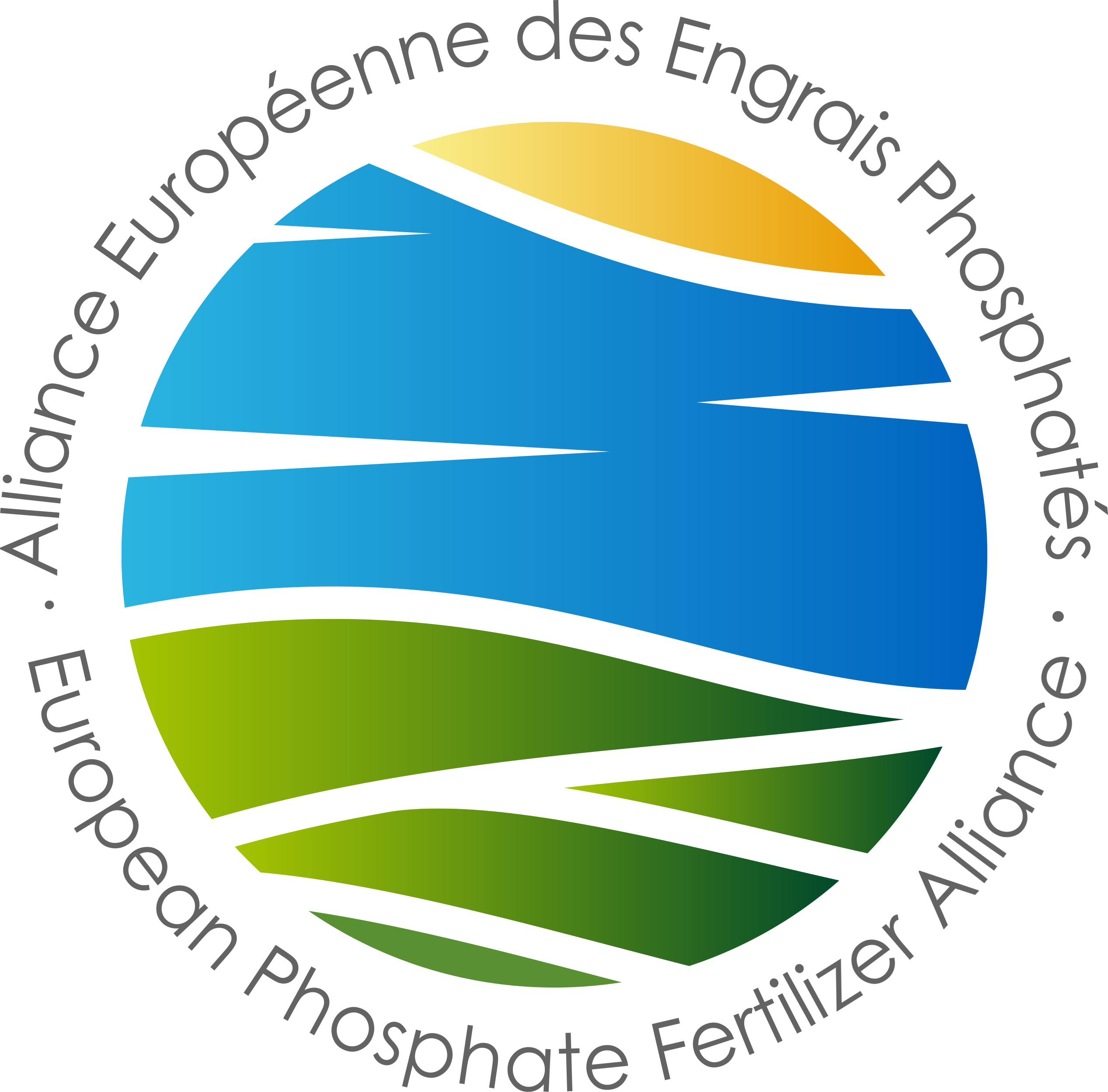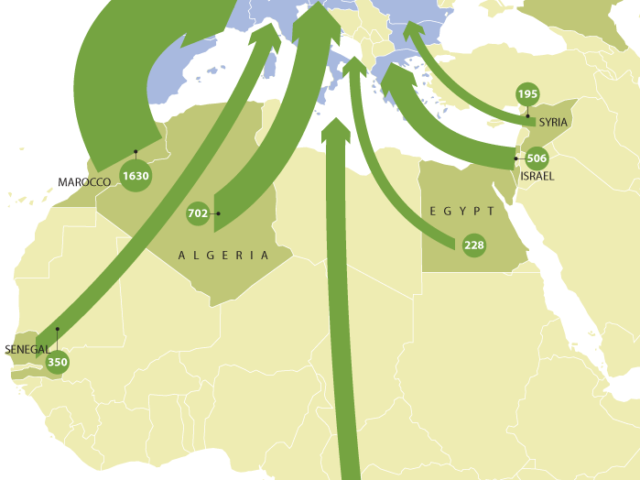Trade
Warning: count(): Parameter must be an array or an object that implements Countable in /wp-includes/post-template.php on line 284
One of the key challenges for the EU
The most acute of these problems is the EU’s dependence on phosphorus imports. With virtually no phosphate rock deposits in the EU (with the main exception being Finland), the European Union imports most of its phosphate rock from other countries, including Morocco, Russia, Tunisia, Algeria, Egypt, Israel and others.
The main challenge is that most of these countries, such as Morocco and Russia, already are major producers and exporters of phosphate fertilizers. The production of each of these countries alone is larger than the entire EU demand for phosphate fertilizers and yet they invest in more production capacity. By relying on our main competitors to supply the key raw material for production of our fertilizers, we are extremely vulnerable to price and shortage manipulation by our competitors.
In fact, the European Commission has recognized the sensitivity of phosphate rock imports to the EU economy when it designed phosphate rock a “critical raw material”. That means, in practical terms, that phosphate rock is, on the one hand, KEY to the EU economy, and, on the other hand, the EU is dependent on imports of this crucial material from a small number of unstable, unfriendly or protectionist countries.
Therefore, the key challenge for the phosphate and NPK fertilizer industry is breaking its import dependence on phosphate rock.


